How to check air quality at home - and why it’s really so important that you do
It’s the place where we all spend most of our time - but what do you know about how to check air quality in your home?

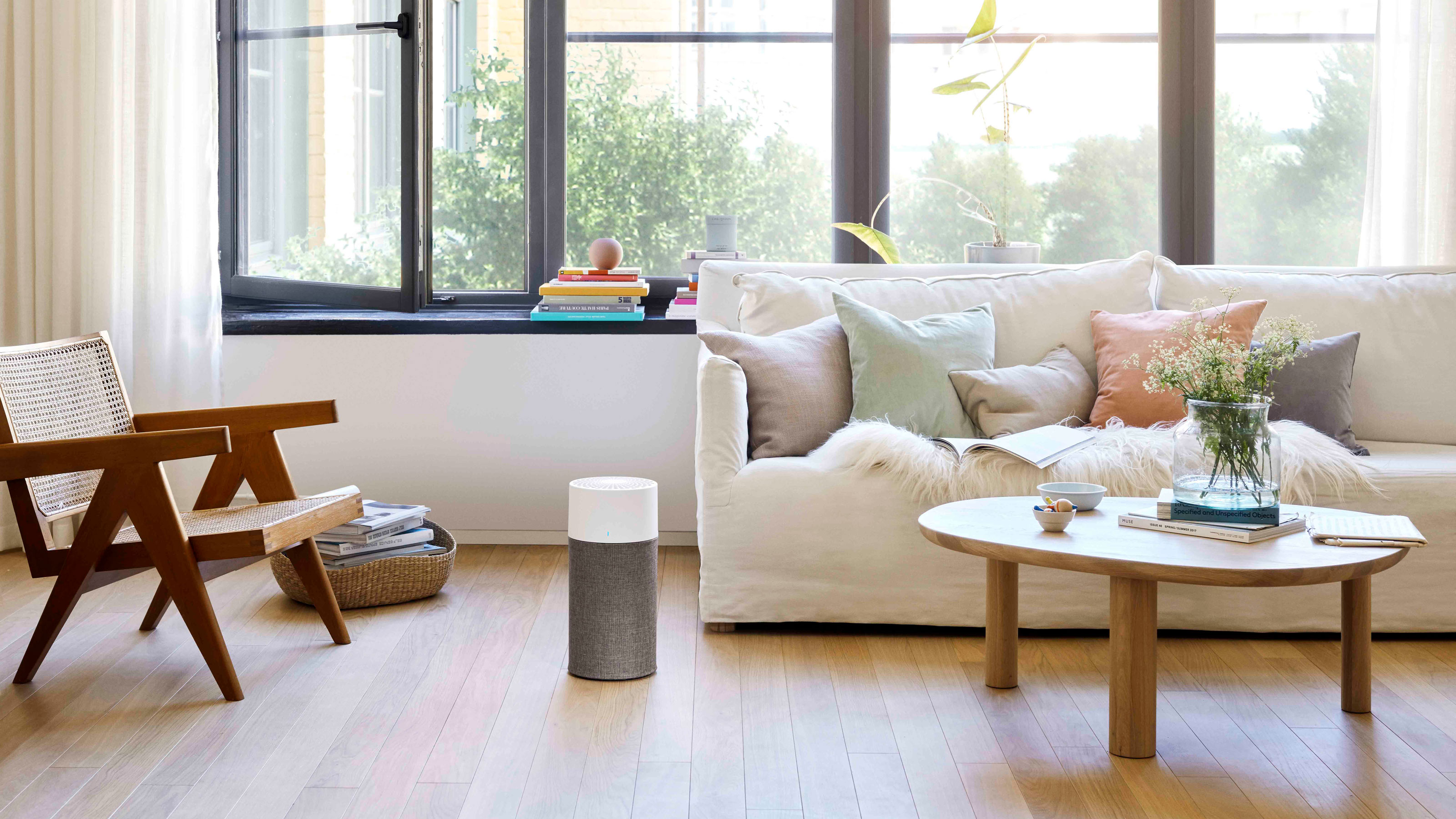

Since the mask-wearing years of the pandemic, it’s fair to say that air quality is more prominently on people’s minds.
And while the home is the place where we spend the vast majority of our time (especially if you're a remote worker), it can feel like the question of how to check air quality indoors is a bit of a mystery.
Add to that the continuing effects of COVID-19, news cycles detailing the rise in extreme weather and the threat of pollution, and the situation at hand can seem a little dire.
That's why it’s no surprise that sales of the best air purifiers have soared, with these devices promising to swiftly deal with the nasty stuff that might threaten your air as you relax at home.
But before you decide to invest in an air purifier, or even if you already have one, it’s good to gauge what air quality in your living space is really like. We consulted with a series of experts to get to the bottom of what it means to test your air quality and to establish why you should consider doing so in the first place.
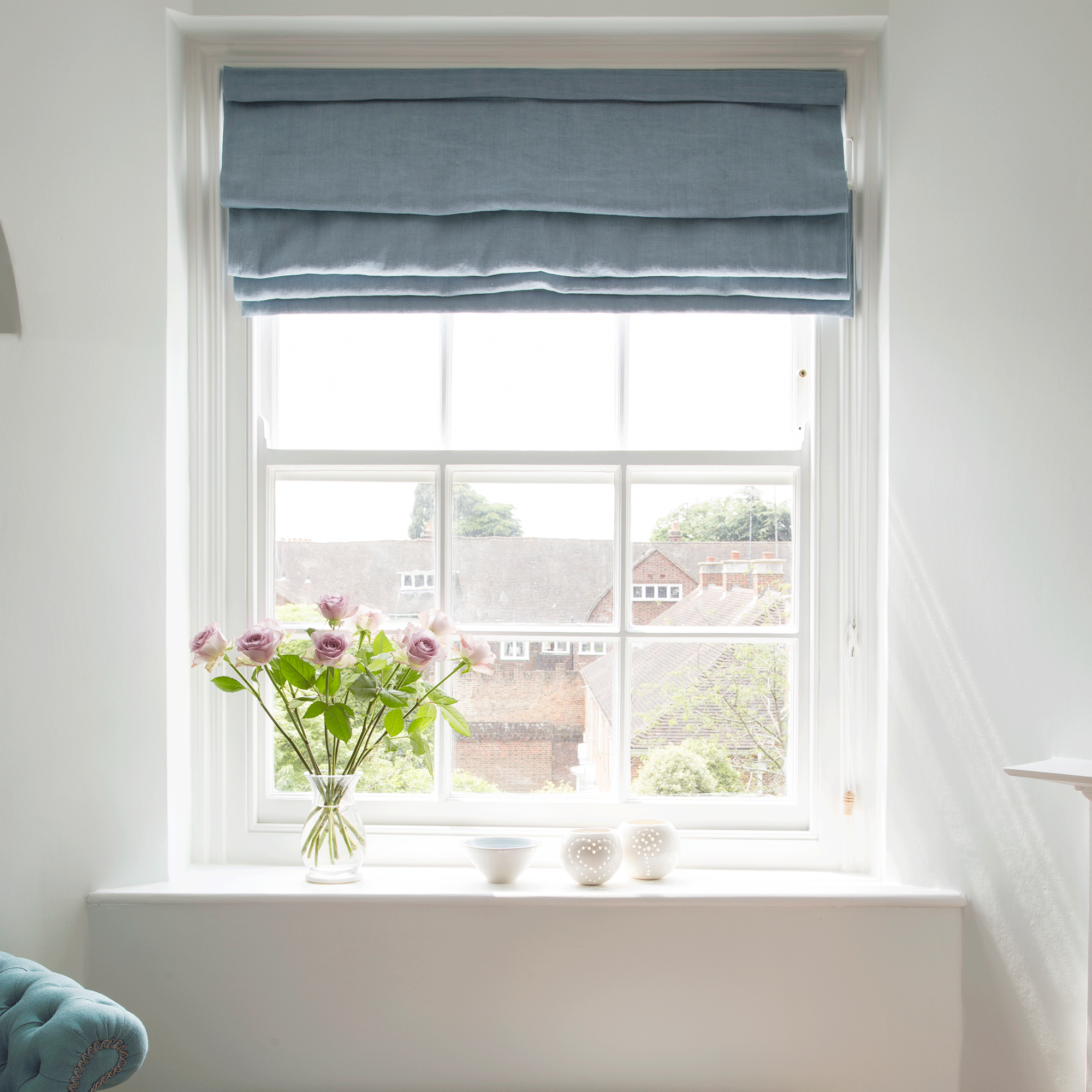
Why is it important to gauge air quality at home?
It can feel like the biggest threat to the air you breathe comes when out and about in major cities, but the importance of good air quality within your own four walls shouldn’t be overlooked.
Lars Dunberger, Technology Development Manager for Blueair, a major manufacturer of air purifiers, reports that ‘indoor air can be up to five times more polluted than outside’, due to ‘a concoction of particles including pollen, dust, smoke, bacteria, viruses, and pet dander.'
Sign up to our newsletter for style inspiration, real homes, project and garden advice and shopping know-how
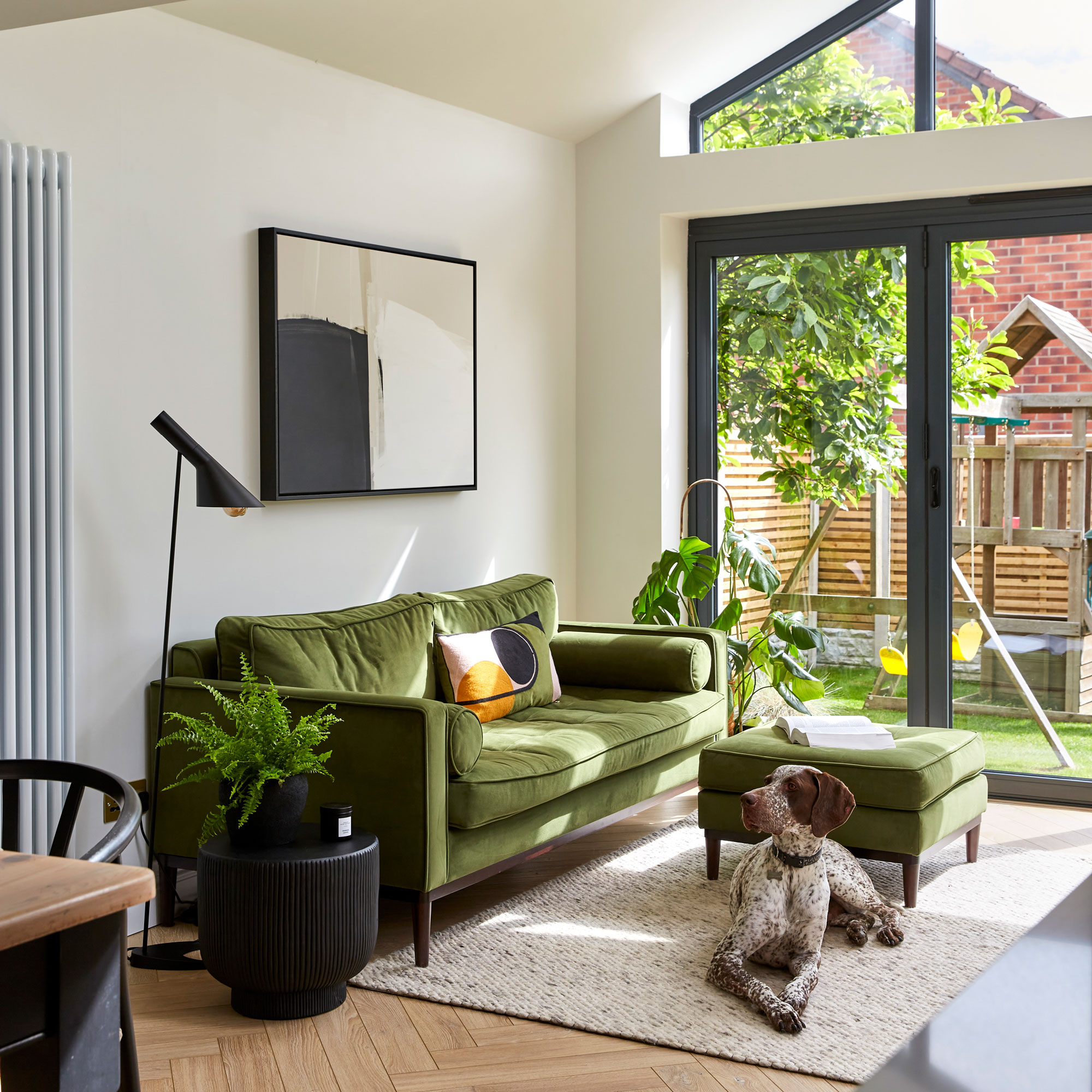
That’s not all, with Lars adding that ‘other indoor activities including cooking and cleaning with chemicals’ can also contribute to less than ideal breathing conditions.
It becomes trickier still if you tend to throw open your windows in order to ventilate. According to Lars, thanks to ‘outdoor pollution from traffic that makes its way inside,' something that’s especially true in built-up areas.
Licenced electrician and HVAC expert David Miloshev from Fantastic Services further explains that other threats to air quality also include paints, air fresheners and furniture, all of which can emit VOCs (volatile organic compounds).
'Exposure to VOCs may lead to eye and respiratory irritation, headaches, and long-term health risks,' explains David. 'Gauging the indoor air quality will certainly help control the exposure to VOCs.'
What are the symptoms of poor air quality?
Unsurprisingly, consistent exposure to poor air quality can have a knock-on effect on your health, with Lars stating that ‘ample evidence links air pollution to asthma, chronic chest pains and stunted lung development, as well as a decline in mental and cognitive health’.
With that in mind, it’s no grand statement to say that air quality is crucial to a happier home, with more benefits to your health and mindset than you might have imagined.
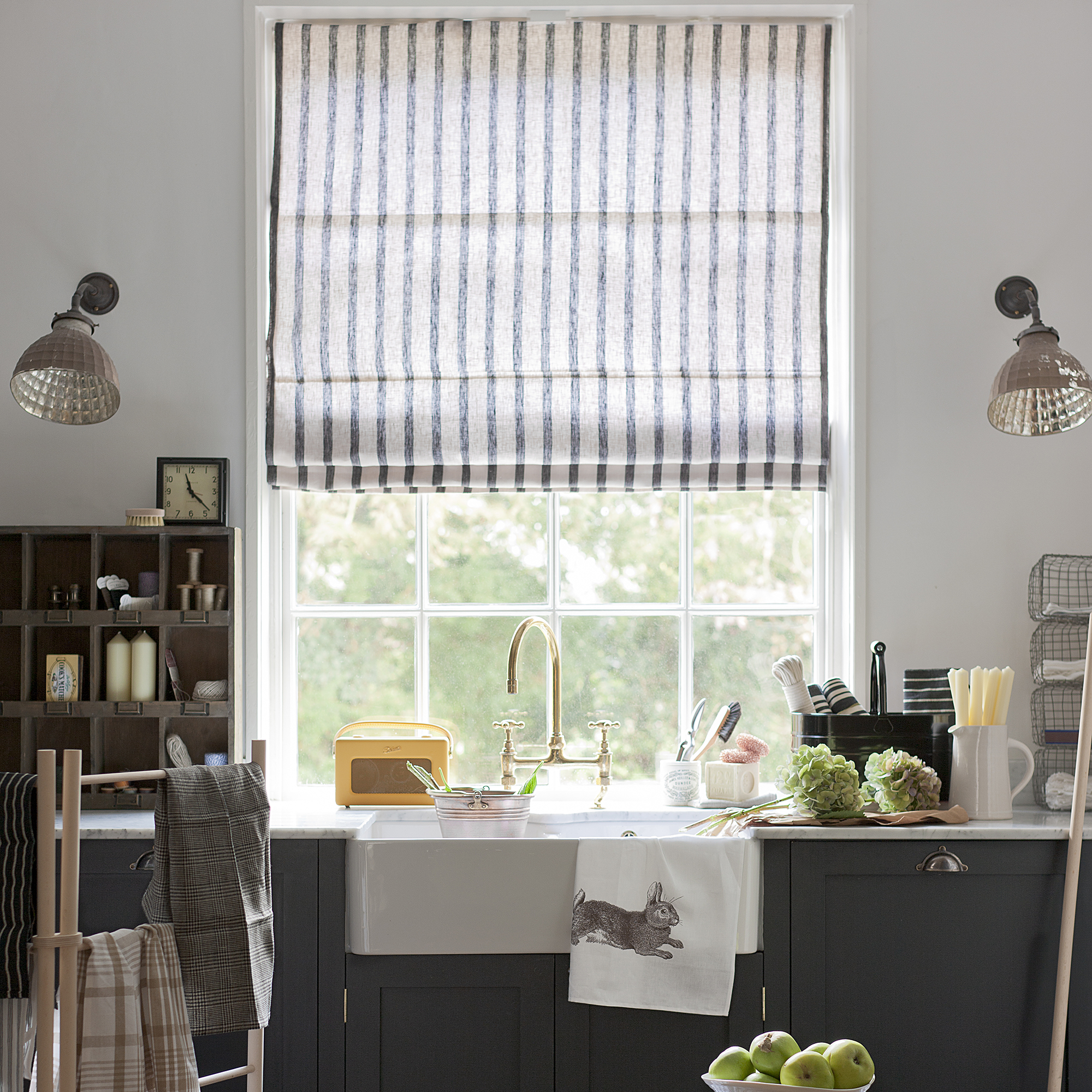
If you are concerned that your air quality is affecting your health, then the first thing to do is to consult a medical professional. The general symptoms that come along with poor air quality can be wide-ranging, which is why professional diagnosis is essential.
Another non-negotiable when it comes to air quality is installing a carbon monoxide detector. Landlords in the UK are in fact required under government regulations to make sure carbon monoxide detectors are installed in living spaces.
‘Colourless and odourless gas that can be deadly in high concentrations and builds up unnoticed’, says David. ‘Detectors can alert you if its levels become hazardous so you can take precautions on time’.
How you can test air quality at home
In the past, devices designed to measure air quality were often bulky, costly and usually deployed by professionals. Thankfully there are new ways to get a reliable reading of indoor pollutants, and they don't necessarily have to cost the earth.
The first is the catch-all solution of an air purifier, which often have tools built in to read air quality, as well as treat it.
If you’re unfamiliar, these are devices that work by trapping harmful particulates of a minuscule size, with many delicate layers of filtration put in place. One study on the effectiveness of air purifiers in homes published in the Indoor Air Journal concluded that HEPA (high-efficiency particulate air filters) 'can result in a significant reduction of traffic-related and other aerosols in diverse residential settings.'
NHS England also has guidance on using HEPA filters in healthcare settings, with this study recommending such devices as 'one option for improving and supplementing ventilation.'
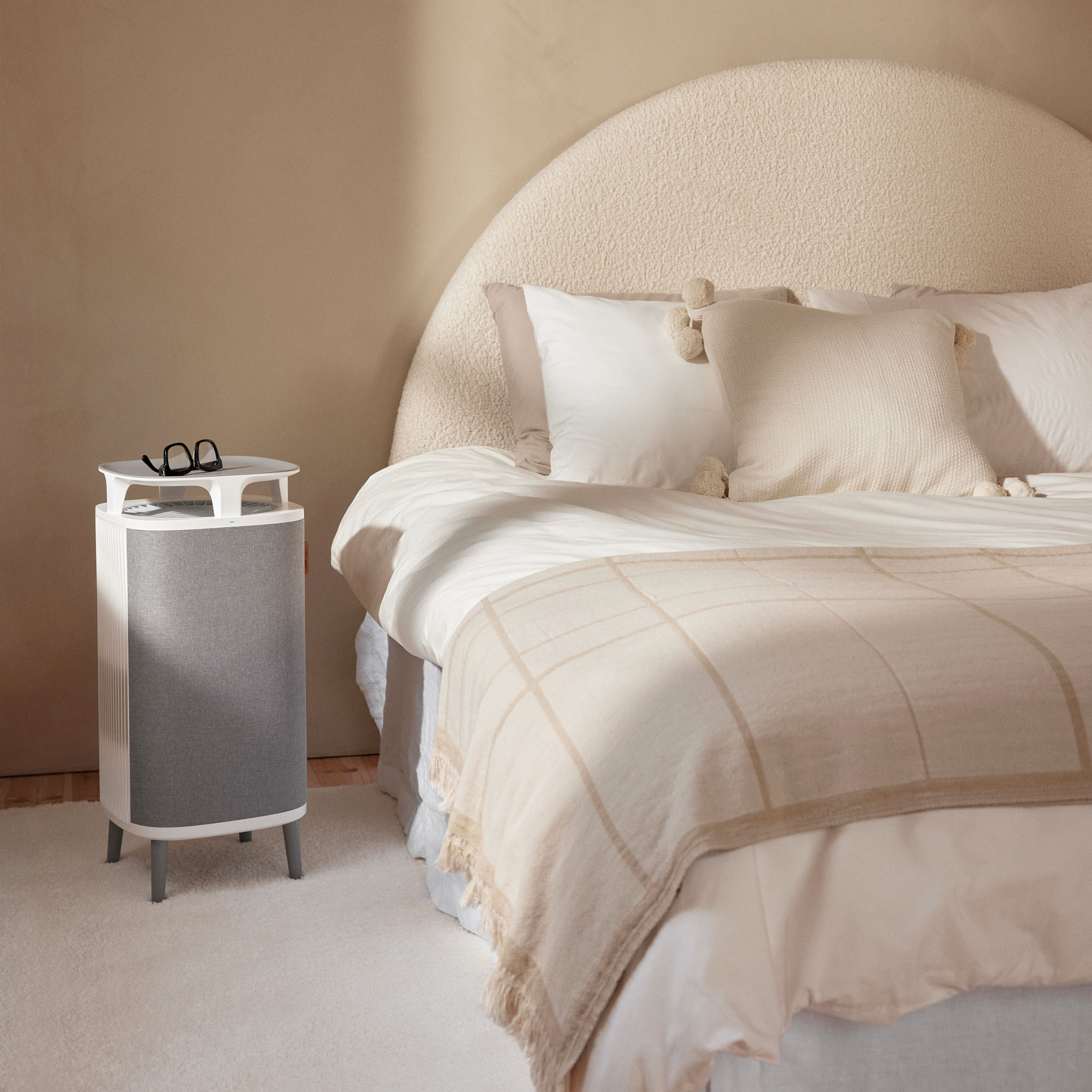
One air purifier tested by the Ideal Home team is the Blueair DustMagnet 5440i, which has a built-in sensor to measure your air quality over time and delivers notifications straight to your phone on the quality of your air.
It also allows you to input your local area so that you can gauge how factors outside (like motorways) might impact air when ventilating. If you're curious about air quality in your area, you can also use your iPhone to check the Air Quality Index within your Weather app.
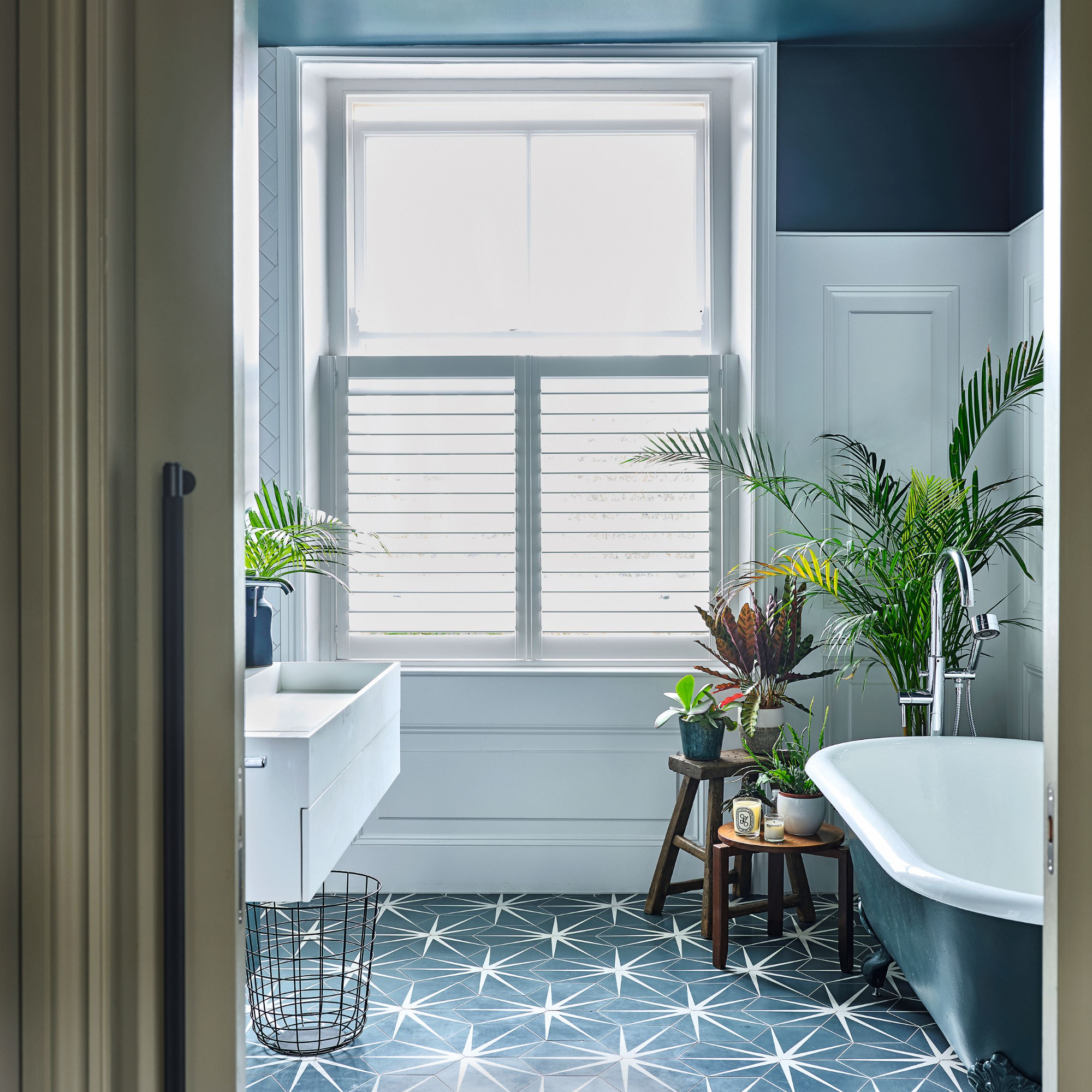
There are plenty of other options if you don't want to install an air purifier. David Miloshev suggests ‘air quality monitors, radon testing kits, carbon monoxide detectors, formaldehyde testing kits and mould testing kits’ as solutions to discover more about your indoor air quality.
The cheapest of these options are home testing kits that you can administer yourself at home. One example is a mould testing kit like this one from Amazon for £27.59.
The drawback? Kits that only test for one type of allergen or fungus aren’t a catch-all, as other particulates and irritants won’t be captured by the results.
If you’re on a limited budget, then establish which irritants you most need to test for first, such as pet dander or pollen.
Or if you can afford to, then invest in a device or service that can test for the maximum number of irritants at once, such as Airthings 2960 View Plus from Amazon, which covers a whole range of bases.
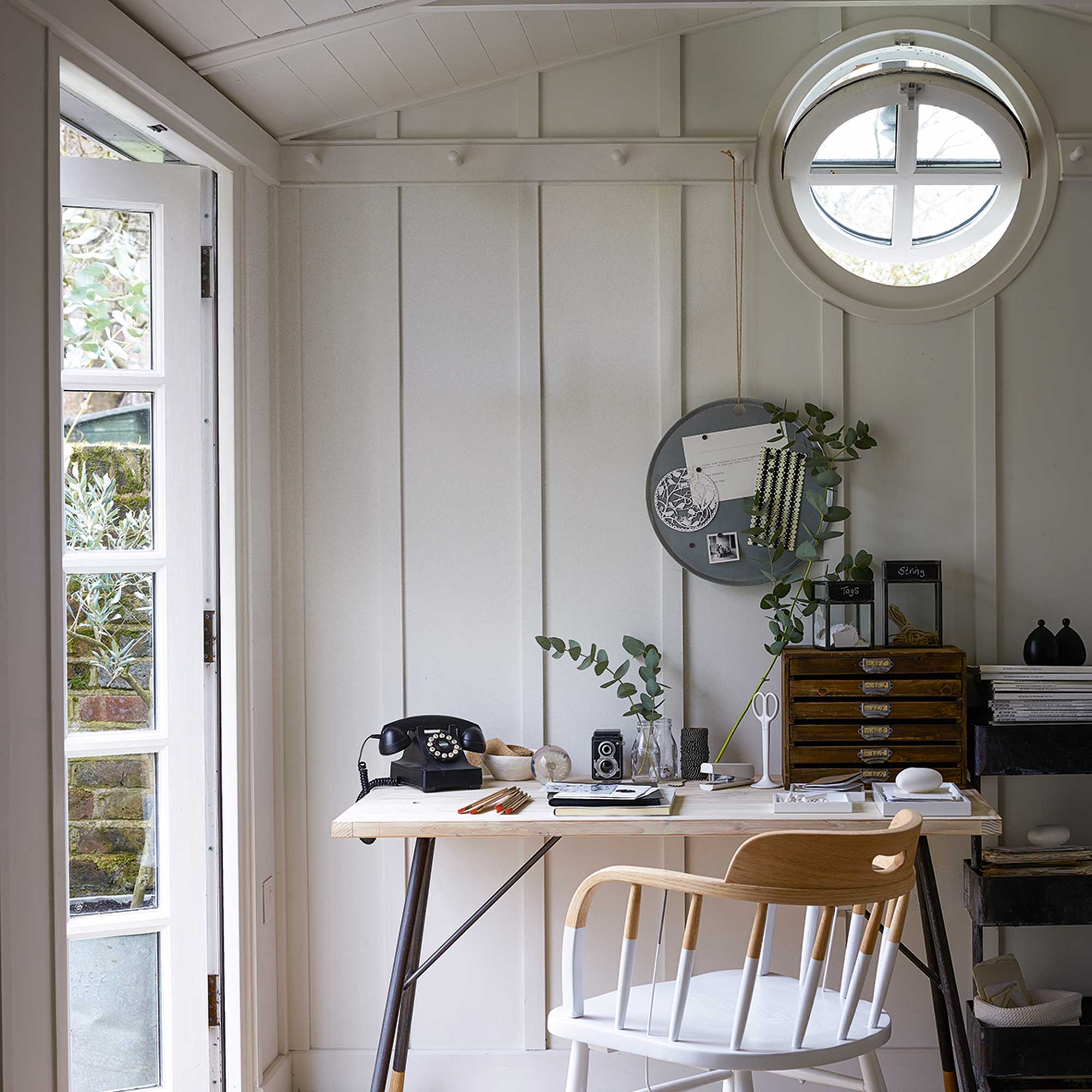
Alternatively, you could opt for calling in a dedicated professional service if you can afford it.
‘Hiring a professional indoor air quality specialist can provide a much more comprehensive assessment because they’ll use advanced equipment to measure various pollutants,' says David, adding that they can ‘provide detailed insights into your indoor air quality, as well as give you advice on improving it’.
These types of services can help to identify pollutants that you might not be familiar with, such as formaldehyde, which David reports can be found in building materials and household products.
Regardless of which device you choose, the most important thing to know when starting on your journey to discover more about your air quality is consistency. You can enjoy long-term health benefits if you can keep up with measuring and treating the air inside your home.

Molly is Ideal Home’s Kitchen Appliances Editor, the Ideal Home Certified Expert on Appliances. An all-around cooking and baking enthusiast, she loves finding the next must-have product for readers that will their kitchen a better place. She joined the team in September 2022 after working on the editorial teams of Real Homes, Homes & Gardens and Livingetc.
For the last 4 years, she's been reviewing hundreds of small appliances; conducting tests at home or in the Ideal Home test kitchen. She would be hard-pressed to pick a Mastermind specialist subject but air fryers are her ultimate area of expertise, after testing just about every single one released since 2022.
To keep ahead of trends and new releases, Molly has visited the testing and development spaces of multiple kitchen brands including Ninja Kitchen and Le Creuset as well as attended consumer shows such as IFA, hosted in Berlin to see the cooking innovations of the future.